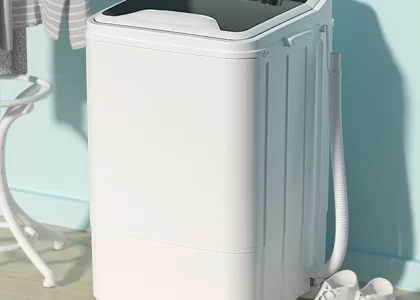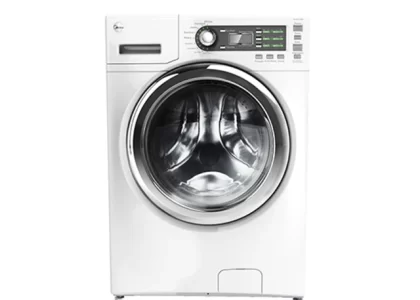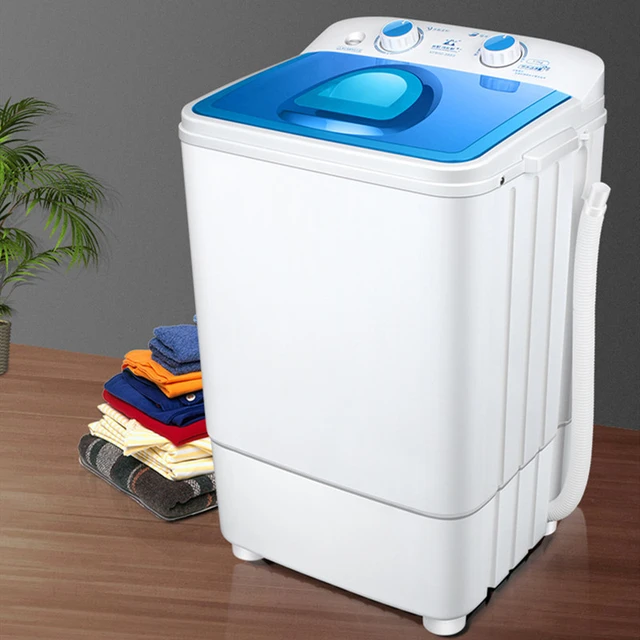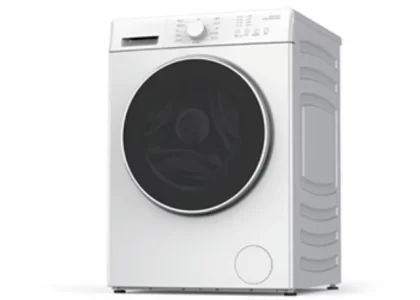 Introduction:
Introduction:
A leaking washing machine can be a frustrating and inconvenient problem that requires prompt attention. Understanding the reasons behind a leaking washing machine is essential for troubleshooting and resolving the issue. In this comprehensive guide, we will explore various causes of washing machine leaks, providing you with a step-by-step understanding of why your washing machine may be leaking and how to address the problem effectively.
Common Causes of Washing Machine Leaks
Damaged Hoses:
Leaks can occur due to wear and tear or improper installation of the hoses that connect to the machine’s water supply or drainage system.
A damaged hose can result in water leakage during different stages of a wash cycle.
Loose or Worn-out Connections:
Over time, connections between various components of the washing machine, such as the inlet valve or drain pump, can become loose or worn out.
Loose connections can cause water to seep out from the machine.
Faulty Water Inlet Valve:
A malfunctioning water inlet valve, responsible for controlling water flow into the machine, can develop leaks due to worn-out seals or a valve failure.
Clogged Drain:
A clogged or blocked drain pipe prevents water from properly draining out of the washing machine, leading to backup and leaks.
Overloading the Machine:
Overloading the washing machine with too much laundry can cause excess strain on the machine’s components, leading to leaks.
Trouble shooting and Addressing Leaks
Inspect Hoses:
Check the condition of the hoses connecting to the water supply and drainage system. Look for cracks, kinks, or loose connections.
Replace damaged hoses and ensure all connections are secure.
Tighten Connections:
Examine various connections within the machine, such as the water inlet valve, drain pump, and fittings.
Use pliers or a wrench to tighten any loose connections.
Check the Water Inlet Valve:
Inspect the water inlet valve for any signs of damage or malfunction.
Replace the valve or its components if necessary.
Clear Clogged Drains:
Use a drain snake or a pipe-cleaning tool to clear any clogs or blockages in the drain pipe connected to the washing machine.
Regularly clean lint filters or debris traps to prevent buildup and potential blockage.
Avoid Overloading:
Follow the manufacturer’s guidelines regarding the recommended load capacity for your washing machine.
Overloading the machine can damage components and cause leaks.
Professional Assistance
Seek Professional Repair:
If the leaks persist or if you are unsure how to address the issue, it’s advisable to seek professional repair assistance.
Trained technicians can accurately diagnose the problem and replace or repair faulty components.
Regular Maintenance:
Conduct regular maintenance tasks such as cleaning the machine, checking hoses and connections, and clearing debris.
Regular maintenance helps prevent leaks and ensures the optimal functioning of your washing machine.
 Preventive Measures
Preventive Measures
Proper Installation:
Ensure the washing machine is correctly installed according to the manufacturer’s instructions.
Proper installation includes secure hose connections and level placement.
Regular Inspection:
Routinely inspect the machine for any signs of wear, tear, or damaged components, such as hoses or seals.
Detecting and addressing issues early can prevent leaks from occurring.
Balanced Loads:
Avoid overloading the washing machine and distribute the laundry evenly to prevent strain on the machine’s components.
Conclusion:
A leaking washing machine can interrupt your daily routine and cause potential damage. By understanding the common causes of washing machine leaks and following the troubleshooting steps outlined in this comprehensive guide, you can effectively address the issue and restore the proper functioning of your machine. Regular maintenance and preventative measures, such as proper installation, regular inspections, and balanced loads, are instrumental in preventing leaks in the future. If the leaks persist or if you are uncertain about addressing the problem, it is advisable to seek professional assistance to avoid further damage. By taking proactive measures, you can enjoy a leak-free and efficient washing machine experience.




